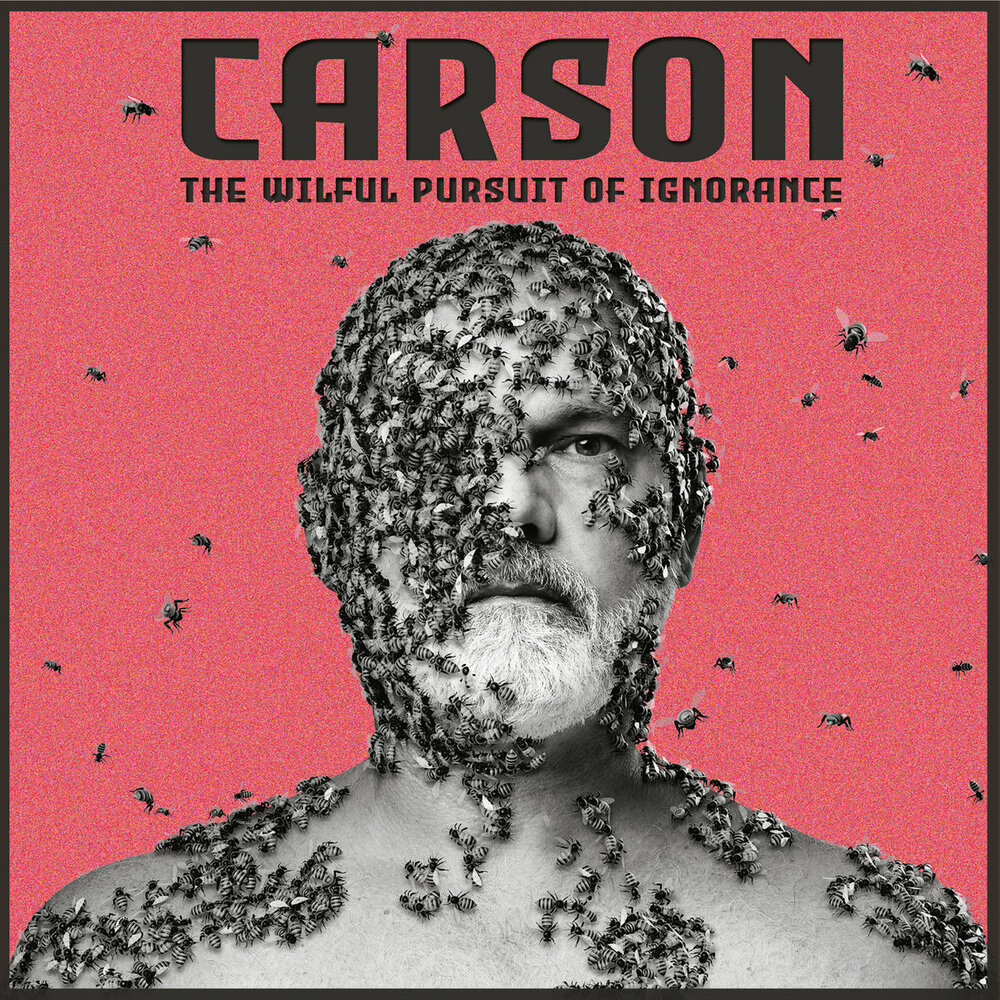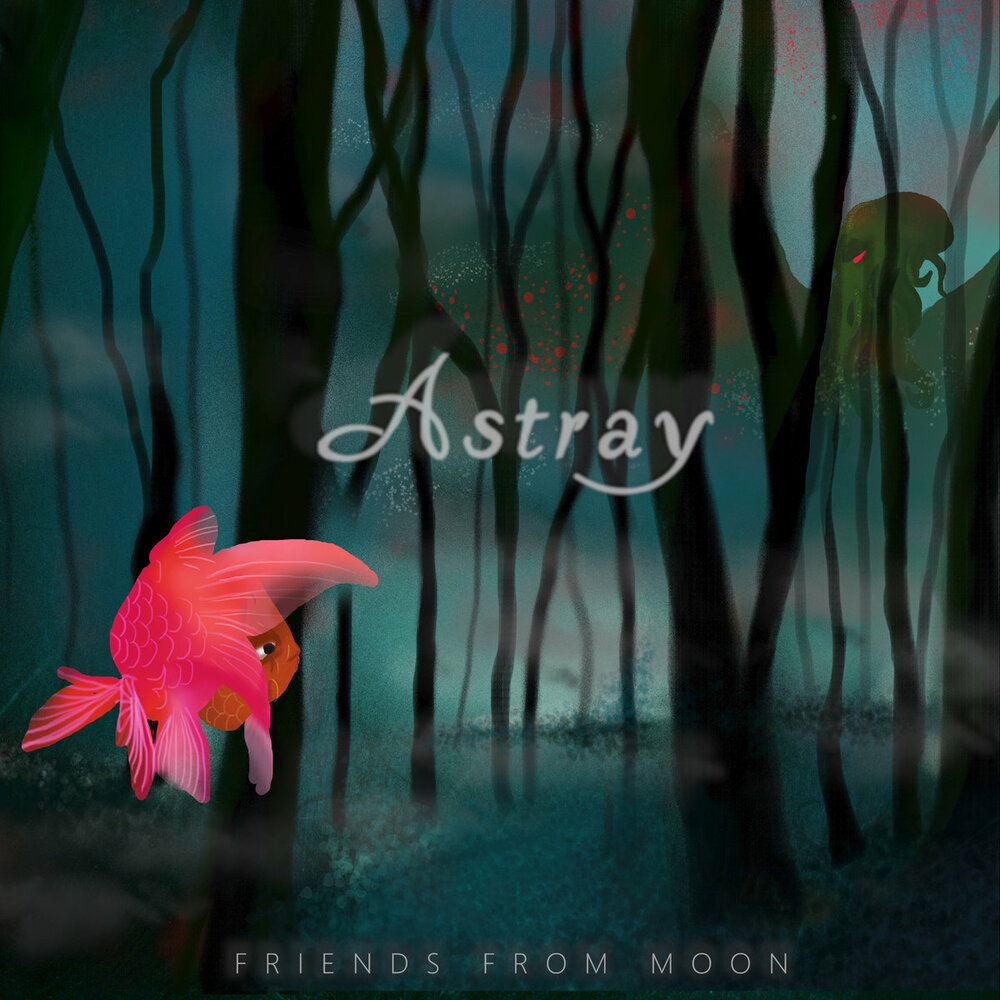 |
Country: UK
Style: Atmospheric Folk/Black Metal
Rating: 7/10
Release Date: 24 Jun 2022
Sites: Bandcamp | Facebook | Instagram | Official Website | Twitter | YouTube
Saor's fourth album, Forgotten Paths, was one of the earliest albums that I reviewed here, when I had only just started up Apocalypse Later Music in 2019, and it was an eye-opener for me, because it demonstrated to me that black metal, which I was aware of as a relatively confined genre with a penchant for shrieked vocals, frantic drums and wall of sound guitars, was far more versatile than I thought. The past four years have taught me that, on the contrary, it's one of the most malleable genres out there, bands like Katharos XIII, Oranssi Pazuzu and Cân Bardd taking it into all sorts of places I never expected it to go: jazz, psychedelia and folk respectively.
Now, I'm playing up my ignorance a little much there, but I remember well the early rivalries that pitted black metal against death and thrash that were only trumped by metal vs. glam. It was not seen as appropriate to defect to a different camp or, crucially, to be in more than one at the same time. I knew intellectually in 2019 that those times were mostly gone, thank goodness, but it's fair to say that Saor helped me realise not that genres could merge but that it was already happening to a serious degree, because this is as much folk metal as it is black metal and it would be almost a heresy to attempt to separate them.
This fifth album does a similar job to its predecessor in merging those two genres, enough that I'd know precisely where Andy Marshall, the one man behind this project, hailed from even if I hadn't looked it up first. Maybe I wouldn't have been able to identify that from the opening track, Call of the Carnyx, though there are firm hints, but I wouldn't have any doubt by the time Fallen wraps up five minutes later. The last minute and a half is certainly black metal, blistering along at a serious clip, but it's also unmistakably a Celtic jig. The title track that wraps up the album returns to this a great deal, so it's there fresh in mind when the whole thing ends too.
And, once we've heard it, it's never that far away. We might not recognise the folky melodies and rhythms in The Ancient Ones as Celtic if we were given that song and that task in isolation but, in the slot right after hearing Fallen, it's impossible to miss, especially halfway through when it finds a bagpipe-like drone or later when it adds a plaintive flute. Once we have the wide open spaces of Scotland in our minds, everything depicts them.
The Ancient Ones begins and ends quietly, with that flute. It fades out slowly behind wind, and I'm talking about the wind that shifts air around rather than wind instruments. The natural world and other outdoor sounds are a frequent element here. Fallen begins with a crackling fire, Aurora with a heartbeat, Beyond the Wall with a storm. There was even more of this on Forgotten Paths and it lasted longer too, leading me to suggest two primary tones of pastoral and aggressive. That holds here, but there are fewer and shorter pastoral sections and more aggression. It's a heavier album and perhaps an angrier one. The choice of cover art reflects that too.
It's not entirely dark though. Even a song like Aurora, very possibly my favourite track here, which starts out angry and aggressive, calms down at points. It's like most of the song unfolds under an impressively dark and overcast sky but the clouds clear and the sun shines through at points, with a massive effect on the mood of the track. Beyond the Wall, which starts with a storm, does much the same thing and with similar quality, the primary difference being the tantalising presence of a guest female voice, initially as ghostlike whispers and later as a harmonising partner.
I like this album and I liked the previous one too, but I'm not sure which I prefer. I like the heavier, more aggressive feel, but I also wanted longer pastoral sections, so I'm in two minds. Other than that, it's very consistent with Forgotten Paths, with few things standing out for special notice. The one I will comment on is the bass on Aurora, which kicks in early and reminds of Peter Hook's work for Joy Division. I dug that a lot, maybe as much as I dug the monk-like choral chants on the same song. So perhaps I like this as much as last time but not more, so it's another reliable album from a busy musician.



















